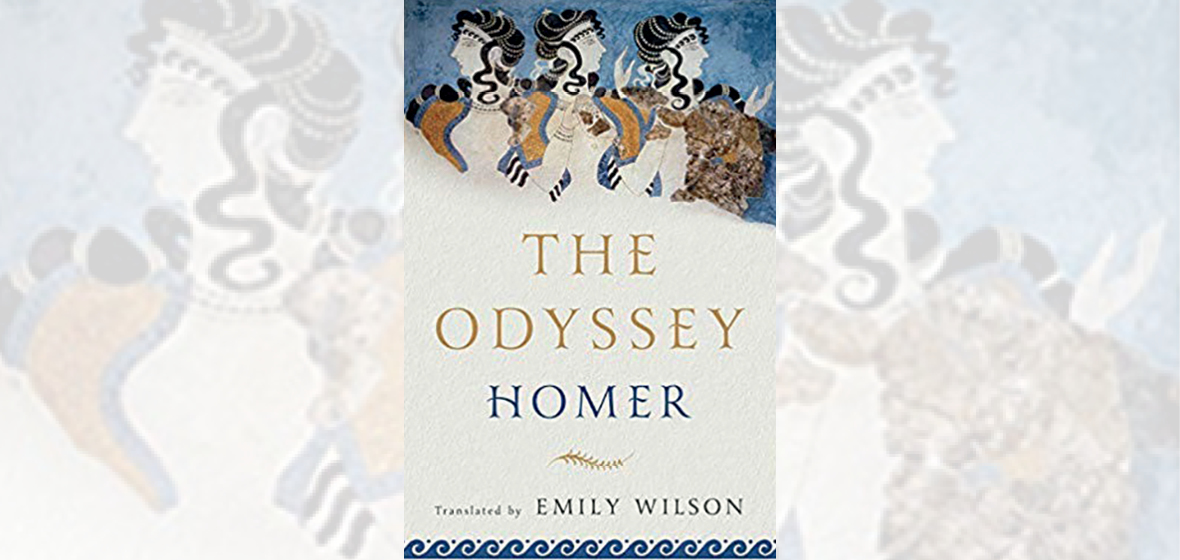The COVID-19 era has seen the temporary closure of many bookstores and delayed the release of highly anticipated books. So, if social distancing and isolation measures have you strapped for things to do on the weekend, consider ticking a few classics off your literature bucket list.
What better place to start than with one of literature’s most defining works, The Odyssey? An epic in every interpretation of the word – more than 12,000 words in length and stemming from the Greek word “epos” that means “word”, “story” or “song”, Oxford-honed classicist Emily Wilson has breathed new life into this ancient great with a translation teeming with energy.
Wilson describes in a charming translator’s note how she became fascinated by the story after taking part in a school performance of The Odyssey aged eight (vastly different to the usual infants school productions of “The Lion Sleeps Tonight”), where she played the goddess Athena. This early initiation to the classic certainly influenced her adaptation. While above primary school age reading level, Wilson intended for the work to be accessible to anyone who may feel intimidated taking it on and the language has a distinctly contemporary feel. Her aim, she writes, is for The Odyssey to be “recognisable as an epic poem, but one that avoids trumpeting its own status with bright, noisy linguistic fireworks, in order to invite a more thoughtful consideration of what the narrative means, and the ways it matters”. In doing so, Wilson strikes profoundly at the emotional heart of the story about the aftermath of war, marriage, family and love, responsibility and power, and whether we can ever truly return home.
The exact length as the original, this take is simply captivating. Though a colossal understatement to say Wilson had an incredible wealth of material to begin with, there is no doubt she has produced a new masterpiece.




